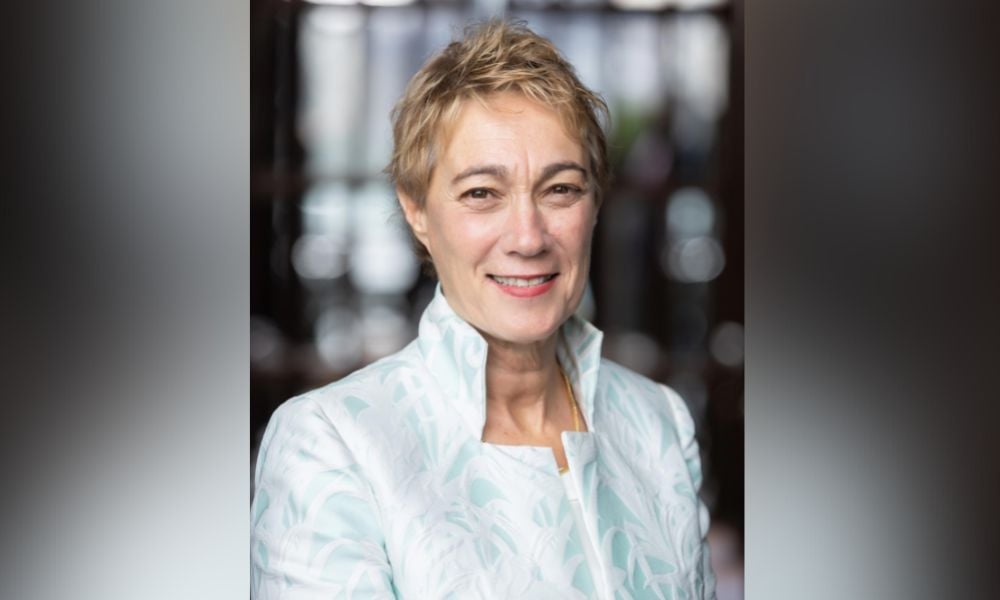RBA makes historic decision

The Reserve Bank of Australia has called time on the rock-bottom cash rate, announcing a hefty 25-basis point rise on Tuesday afternoon.
Following the board’s May monetary policy meeting, Reserve Bank of Australia (RBA) governor Philip Lowe confirmed the board decided to lift the cash rate target 25 basis points, taking it to 0.35%. The interest rate on exchange settlement balances increased from 0% to 25-basis points.
The 25-basis point hike marks the first rise in eleven-and-a-half years (the last increase was in November 2010), and the first change since November 2020.
It follows a stronger than expected 5.1% annual inflation jump over the March 2022 quarter – the biggest annual rise since the June 2001 quarter.
The decision precedes Wage Price Index data, due out on 18 May, the RBA having indicated in April that in addition to inflation, “evolution of labour costs” were “important additional evidence” the board would assess in setting policy over coming months.
Read more: Inflation hits 5.1%: Will it force RBA to lift interest rates

Delivering the cash rate announcement, RBA governor Philip Lowe (pictured) said despite the absence of data indicating growth in labour costs, inflation had reached a level well beyond the central bank’s 2-3% annual target over the medium term.
“The Board judged that now was the right time to begin withdrawing some of the extraordinary monetary support that was put in place to help the Australian economy during the pandemic. The economy has proven to be resilient, and inflation has picked up more quickly, and to a higher level, than was expected,” Lowe said.
“There is also evidence that wages growth is picking up. Given this, and the very low level of interest rates, it is appropriate to start the process of normalising monetary conditions.”
The Australian economy remained resilient, and spending continued to pick up following the Omicron outbreak. At 4%, unemployment was at a 13-year low – and was expected to drop further.
“Both job vacancies and job ads are also at high levels. The central forecast is for the unemployment rate to decline to around 3½ per cent by early 2023 and remain around this level thereafter. This would be the lowest rate of unemployment in almost 50 years,” Lowe said.
Rising inflation reflected global factors and was exacerbated by domestic capacity constraints, RBA said.
Firms were expected to pass through cost increases by raising prices.
The Reserve Bank’s central forecast was for headline inflation to reach around 6% in 2022, with underlying inflation at around 4.75%, before dropping back to around 3%.
CEO at outsource Financial Tanya Sale (pictured above) said while it wasn’t certain the cash rate would rise on Tuesday; rate hikes were inevitable.
The RBA and economists had already flagged the delivery of multiple cash rate increases in quick succession in 2022, following through to 2023.
“There was pressure even before the inflation rate of 5.1% was announced for the RBA to increase the cash rate, due to over inflated property prices around Australia that were keeping out prospective buyers, such as first-home owners,” Sale said.
Markets had already priced in cash rate increases, pushing up fixed rate loans, removing the opportunity for borrowers to lock in a low fixed rate ahead of the cash rate rise.
Sale said she expected the higher cash rate, which would more readily affect variable interest rates, to have an impact on brokers’ clients - particularly recent homebuyers.
The last couple of years have seen the lowest interest rates in history, together with a boom in property sales, she said. These components have led to higher-than-normal price increases - and therefore, higher borrowing.
“History shows that from these RBA increases, there will be changes in the air: these could look like mortgage stress (the level we do not know at this point, or can predict),” Sale said.
“Over the next 1-2 years, what will happen (and is starting to happen already) is that interest rates will rise in very quick succession, property sales will slow, and property prices will move downwards from prior levels.”
Sale said outsource Financial would provide education through the ieducate program to help brokers talk to clients about interest rate rises, including locking in a fixed rate and preparing for rate rises and declining borrowing capacity and offer ongoing support.
Read more: RBA keeps handbrake on cash rate

Dominion Finance director Suzanne O’Connor (pictured) said in the absence of confirmation that wages were rising to sufficient levels, it would have been prudent for the RBA to keep the cash rate on hold at 0.1%.
“It has been such an unsettling couple of years that we are only just emerging from, so another month or two to get used to the idea of increasing repayments would have been helpful,” O’Connor said.
“The more time we have to prepare clients the better. As brokers, our role is to work on the best outcomes for our clients so we would always prefer the rates were kept as low as possible.”
O’Connor said Dominion Finance continued to remind clients that as interest rates were at historically low levels, there was an opportunity for them to get ahead with their repayments, build a buffer and get used to making higher repayments.
“We advise them that the bank has put in a buffer when assessing their serviceability to be ready for rate rises, but my concern is that once the home loan is set up and they see they can comfortably afford it, often they then take a car loan or personal loans and these are the ones that can tip them over the edge when rates rise,” O’Connor said.
O’Connor emphasised the importance of the broker/client relationship to build trust and help clients navigate through difficult times.
“So many of our clients have never known interest rate increases and the longer-term brokers at Dominion Finance who have seen rate increases in their time are educating and supporting the younger brokers to ensure they know how to support their clients,” O’Connor said.
Following release of the March quarter inflation data, Westpac Group and ANZ economists forecast a 15-basis point hike in May, Westpac Group’s forecast showing a cash rate of 1.5% by the end of the year.



